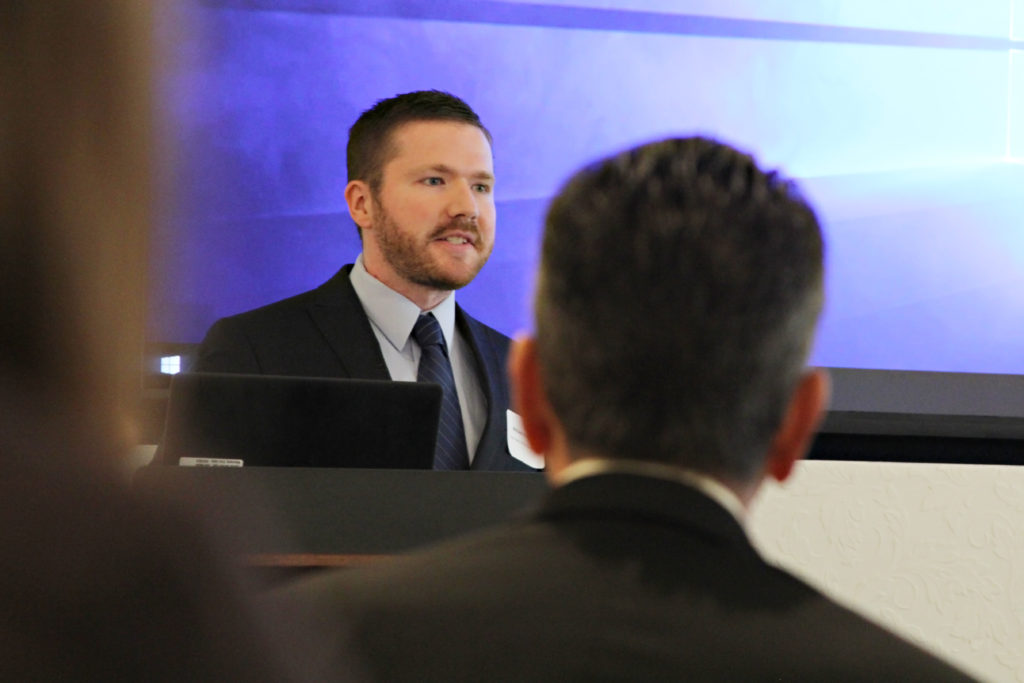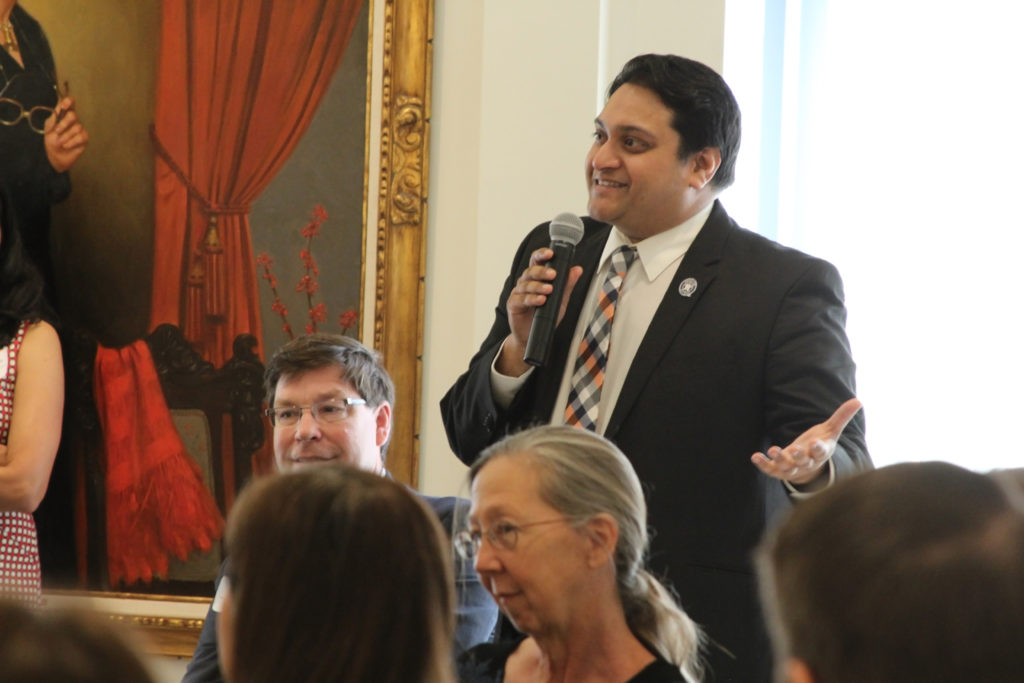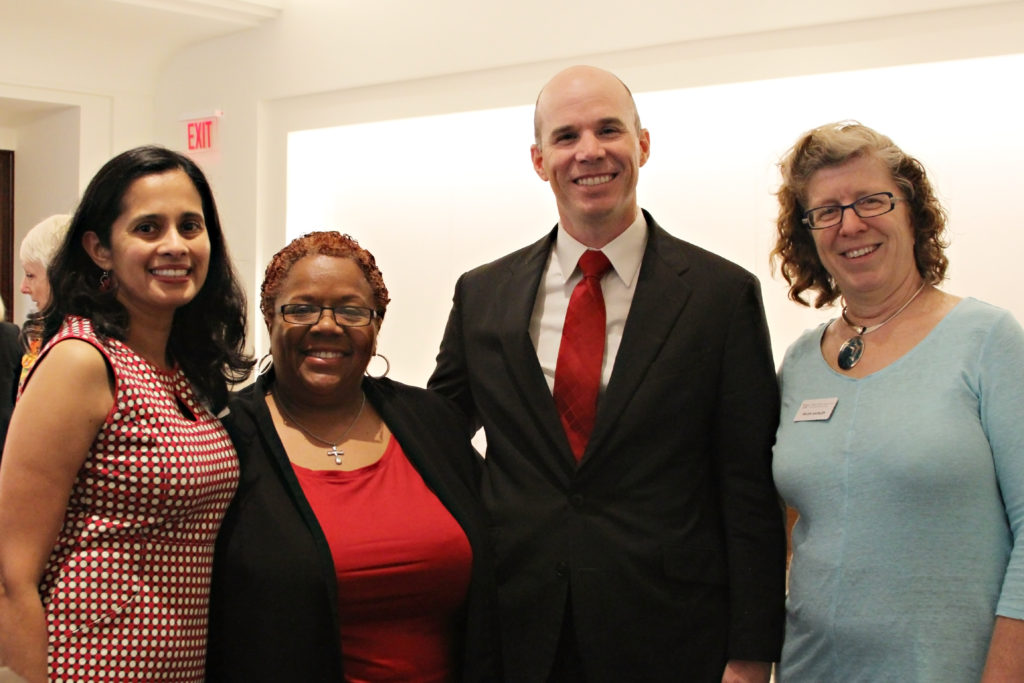
On May 11, 2018, the Justice Center, with support from the law school’s Civil Rights Clinic, hosted a convening to highlight the impact on low-income Texans of automatic driver license suspensions, holds, and surcharges. The loss of one’s driving privilege profoundly affects the individual and, in many cases, that person’s entire family. The May 11th gathering engaged a wide range of stakeholders — judges, prosecutors, defense attorneys, professional associations, advocates, and elected officials, among others — on these issues and highlighted emerging practices that limit the negative consequences.
The session began with a legal overview and background information. Presenters discussed how current practices fail to address public safety concerns and leave individuals who already lack the resources necessary to pay the underlying fines and fees without a legal means to maintain employment or support their families. Indeed, for many affected individuals, the negative effect of a driver license hold or suspension is highly disproportionate to any public safety risk or dollar amount involved. Moreover, the large number of individuals caught in the cycle of criminal justice debt and resulting driver license suspensions – more than 1.8 million in Texas alone – severely strains police, prosecutorial, and judicial resources for little social benefit.
The second group of presenters, which included speakers from the Texas Office of Court Administration, Texas Public Policy Foundation, Texas Senate Criminal Justice Committee, and Texas Municipal Courts Education Center, discussed possible legislative reforms to help mitigate these impacts. Discussion topics included eliminating the state’s Driver Responsibility Program, which imposes surcharges on a large number of non-driving offenses; tightening prosecutorial practices to reduce the number of Failure to Appear/Failure to Pay violations; implementing more robust indigency programs to resolve long-term inability to pay issues; and improving data collection to better understand the types of cases involved and their flow through the system.

For the final panel, the conversation shifted to current practices from around Texas that could mitigate the impact of driver license suspensions. Several assisted pro se-style clinics were highlighted, including the law school’s Mithoff Pro Bono Program’s partnership with the Austin municipal courts, as well as clinics being run by Texas RioGrande Legal Aid and Legal Aid of Northwest Texas. The panel also highlighted prosecutorial and court practices that are helping to reduce front-end court filings and lower the number of holds imposed.
“The Justice Center is pleased to be able to play a role in convening statewide discussions on difficult issues, and the driver license gathering dovetailed well with our other ongoing criminal justice projects,” says Eden Harrington, the Justice Center’s director. In addition to its work on driver license suspensions and recovery, the Justice Center and Mithoff Pro Bono Program are involved in ongoing pro bono expunction and non-disclosure clinics, research on the use and dissemination of criminal records in Texas, and have hosted prior events on criminal justice debt and class C misdemeanor fines and fees.


